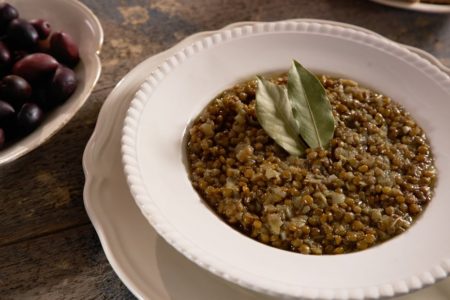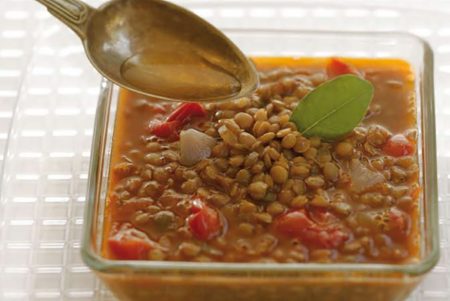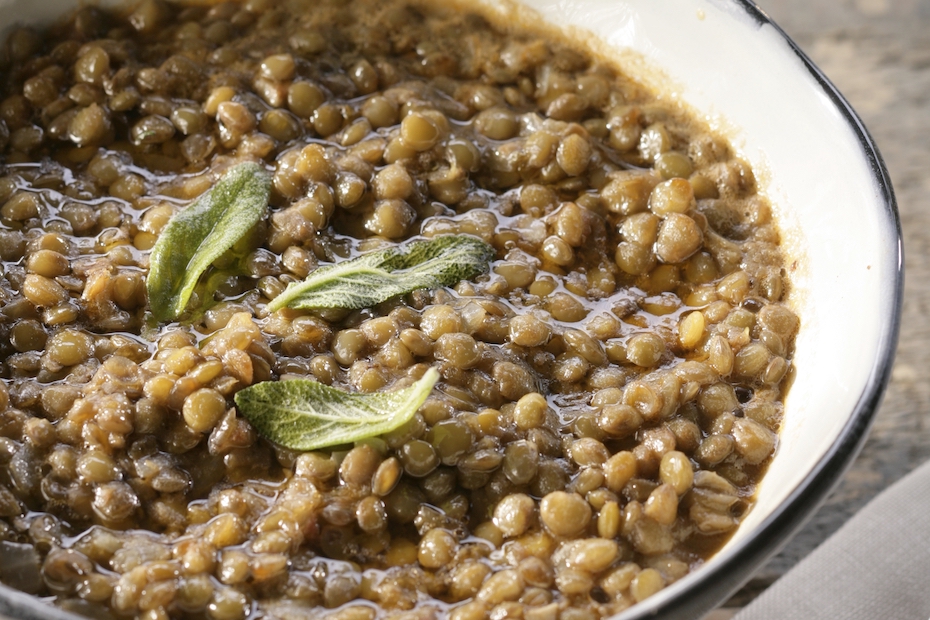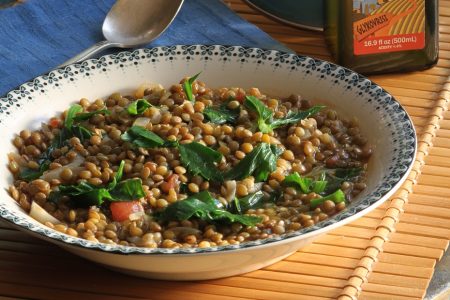 It was really heartening to read somewhere recently that beans and pulses are flying off the shelf in light of Covid-19. Heartening because these ancient foods are, of course, among the most nutritious and versatile. Maybe a little scary if people are hoarding and in the process making them unavailable to others. From what I can see at my own local supermarkets, food supplies are replenished fairly regularly. So, today, I am sharing some of my own favorite recipes for one of my personal favorite pulses: the humble lentil.
It was really heartening to read somewhere recently that beans and pulses are flying off the shelf in light of Covid-19. Heartening because these ancient foods are, of course, among the most nutritious and versatile. Maybe a little scary if people are hoarding and in the process making them unavailable to others. From what I can see at my own local supermarkets, food supplies are replenished fairly regularly. So, today, I am sharing some of my own favorite recipes for one of my personal favorite pulses: the humble lentil.
All my experience with lentils comes from my life as a Greek cook and proponent of the Mediterranean Diet. Lentils are one of the oldest pulses in the Eastern Mediterranean and one of the most important in the “longevity” diet of Ikaria, a Blue Zone where my family roots are. Most traditional Ikarian and Greek lentil recipes call for turning the tiny, earthy lense-shaped pulses (hence their name) into soup. Onions, garlic, bay leaf, tomatoes, and carrots are the typical range of extras that may or may not enhance the pot. On Ikaria, an old and delicious lentil soup recipe calls for sage. Olive Oil is a no brainer, of course! All Greek lentil soups are made even more delicious and palatable by slow cooking and lubricating the humble pulse with streams of delicious, health-giving Greek olive oil. Olive oil goes into the pot first, to sweat and soften onions and/or carrots, but also at the end, raw, to add that craveable texture we can only get from fat.
They need acid, too, so most people stir a little vinegar both into the pot and into their own plates. The most traditional way to eat Greek lentil soup is with a raw onion chopped and sprinkled on top and sometimes with some salted oily fish, such as sardines or anchovies, on the side.

- They’re rich in polyphenols, the active compounds that fight against everything from heart disease and cancer.
- They’re very high in protein. One cup of cooked lentils contains 18 grams of protein.
- They’re a good source of iron. One cup of lentils has 6.6 milligrams of iron, or about a third of our daily requirements. Iron helps keep oxygen pumping through our body.
- They’re full of fiber, which is important for digestive health and weight maintenance. One cup of lentils has four times more fiber than a cup of raw kale, about 15.6 grams of it.
- Lentils are good for your bones and a great source of calcium, with about 38 grams of calcium per cup.
- They’re a good source of folic acid, which is essential for pregnant women but also important for hair health and instrumental in reducing the . Folic acid is an important nutrient to load up on all the time, but it’s especially important when you’re pregnant. Not getting enough can lead to serious birth defects. If pregnancy is not on your mind, folic acid support healthy hair growth and can lower the risk of heart disease and stroke.
- They’re high in magnesium, which fights stress and helps us sleep, both really important in high-anxiety times like these.







